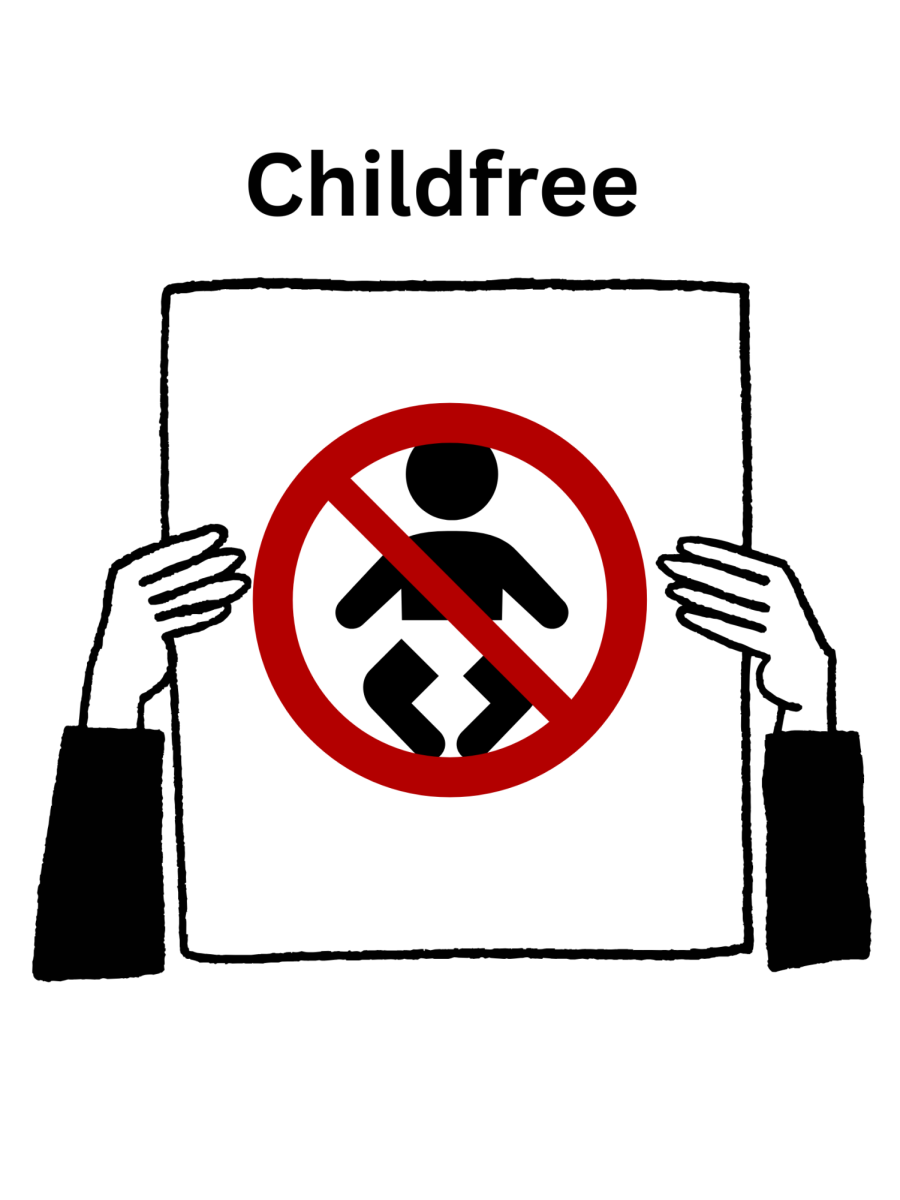By Shelby Parker
Features Editor
As college students, there’s a good chance you know what it’s like to live on a budget. Since most of us will eventually be paying back our loans or are on financial aid, we have to save money however we can. Sometimes that might mean skipping out on Starbucks in the afternoon or turning down that movie a friend invited you to.
So, what does a big portion of your money usually go towards? Textbooks.
Here are a few tips to avoid paying outrageous prices and losing your sanity, while trying to find the books you need:
Wait to buy books until the first week of school
When I transferred from to California State University, Bakersfield last fall, I had already ordered my books by the time the first day rolled around. I like to plan ahead. However, after getting to class, it seems there had been a mix-up with what books I actually needed. I then had to send them back and wait for the bookstore to get more copies in.
Sometimes the books change or the bookstore doesn’t get the memo about the updated list. When this happens, it can become more of a hassle to exchange and wait for the book you need. It’s good to look over the list, but it’s also good to weigh other options.
Some professors don’t actually use the textbooks
We’ve all had those classes where we’ve spent $150 on a textbook, only to find that you never actually open the text. Some professors will strictly take exam questions from Powerpoint presentations, never having assigned any reading from the required text. Prior to class starting, ask around to see if former students used their books in the past.

Emily Cole/The Runner
The CSUB bookstore displays fully-stocked shelves of this fall quarter’s textbooks on Wednesday, Sept. 10, 2014.
Check elsewhere for cheaper prices
Although it is convenient to buy directly from the bookstore and pick them up when ready, there are cheaper alternatives to finding books. A lot of people, including businesses, know how hard it is being a college student and try to work out better deals.
It’s also a good idea to check with your friends and classmates who have taken the classes before. If you don’t find luck there, there’s a Facebook page dedicated to students buying/selling/swapping books. No one is going to understand the textbook pain more than fellow students,
Simplify the process as much as possible
We all know about sites, such as Amazon.com or Chegg. But, how many times have you had to go to each site, only to feel more frustrated in the end, with which site is actually cheaper? What if there was a site that did all of the work, so you didn’t have to?
Students can search site bigwords.com to find the best possible textbooks.
“I went to USC (University of Southern California), and at the time that I went, the bookstore was selling 99 percent of the books that were used on campus.
They had a lousy availability for textbooks and there were only a couple of sites that you could buy from,” said Jeff Sherwood, Chief Executive Officer of Big Words.
“I programmed the website to be able to include the inventories of all textbook sites in one spot to figure out the cheapest combinations,” said Sherwood.
Here’s how it works — Type your book into the search engine, add it to your “book bag” (or shopping cart) and push the comparison button. It only takes around 10 seconds, comparing the 50-60 textbook sites. When someone has to buy four or five textbooks, they use all different combinations.
While the website is primarily used for textbooks, there are different discounts for almost anything.
The company also has a new iPad and iPhone app that will be launching soon.
“College students today are a lot more savvy and have a lot more options. But, at the same time, if you go to Amazon or half.com or if you go to Chegg, you’re gonna get a good deal, but you’re not necessarily going to get the cheapest copy of every single book that you want. Because no individual store can always have the cheapest prices,” said Sherwood.
Sherwood said the U.S. Government Accountability Office decided to find out why textbooks were becoming so expensive.
According to the report, college students at four-year universities are spending $1187 a year on books on average. Sherwood said using this website, students will be able to save about $1,000 a year on average.








